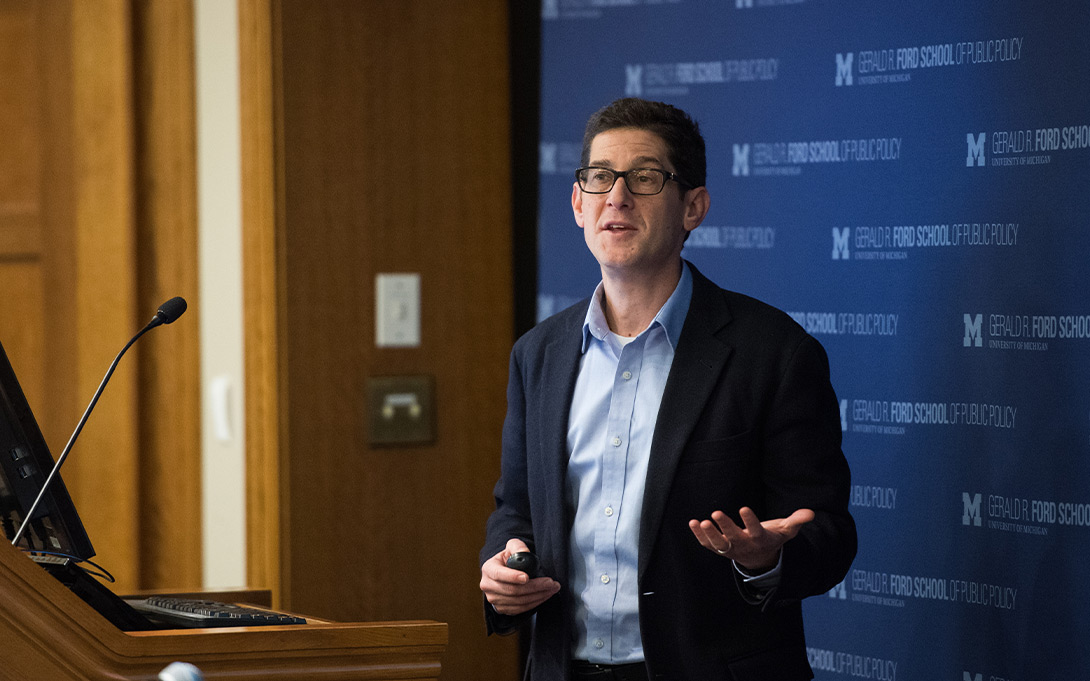
A new study by Ford School professor Brian Jacob looks into whether decisions about extending virtual learning were led more by political preference or public health guidance. The working paper, Assessing School District Decision-Making: Evidence from the COVID-19 Pandemic, examines the choices made by Ohio school districts around reopening amidst the pandemic.
According to an article in Chalkbeat, many critics of schools’ decision to extend virtual learning instead of returning to the classroom said the choice was due to politics rather than science.
Over the course of the 2020-21 school year, roughly two-thirds of Ohio’s school districts switched between in-person and virtual learning. But by looking at data from the state’s 600 school districts, Jacob and co-authors Ford School PhD candidate Alvin Christian and John Singleton of the University of Rochester determined that local COVID rates were a better predictor of school re-openings than politics. The researchers found rising case counts during in-person learning made districts less likely to keep schools open the following week.
This suggests that district leaders “were acting like rational decision-makers facing uncertainty,” said Jacob. “That’s a very different picture of school districts and school boards than, ‘They’re only focused on political partisanship.’”
More news from the Ford School